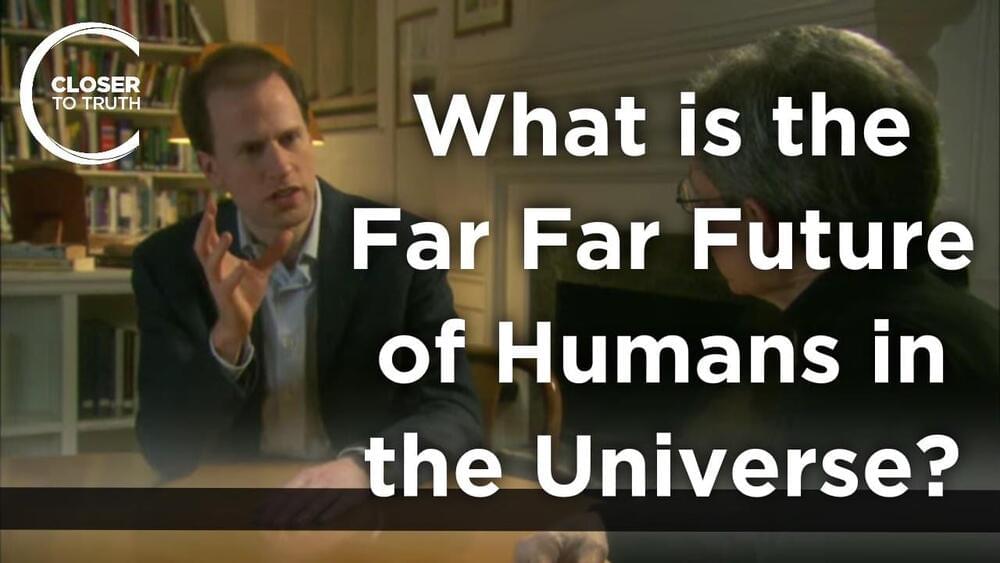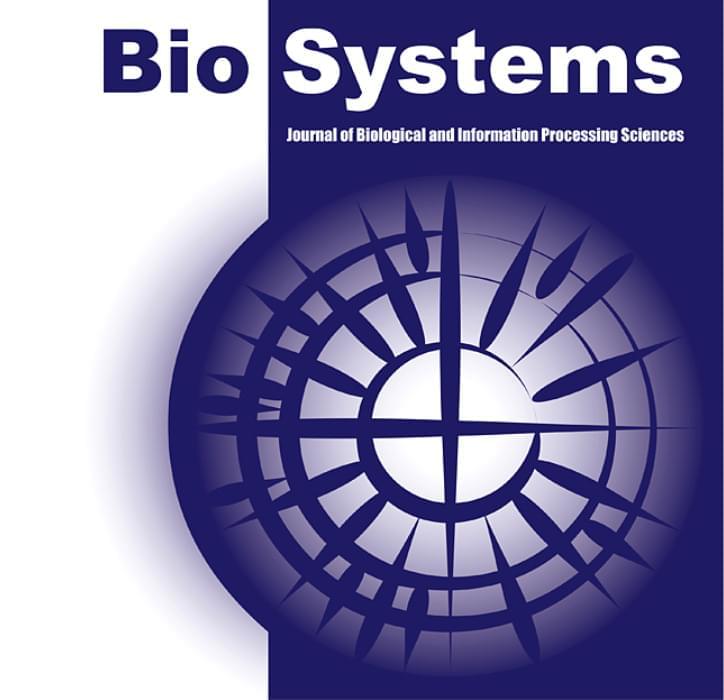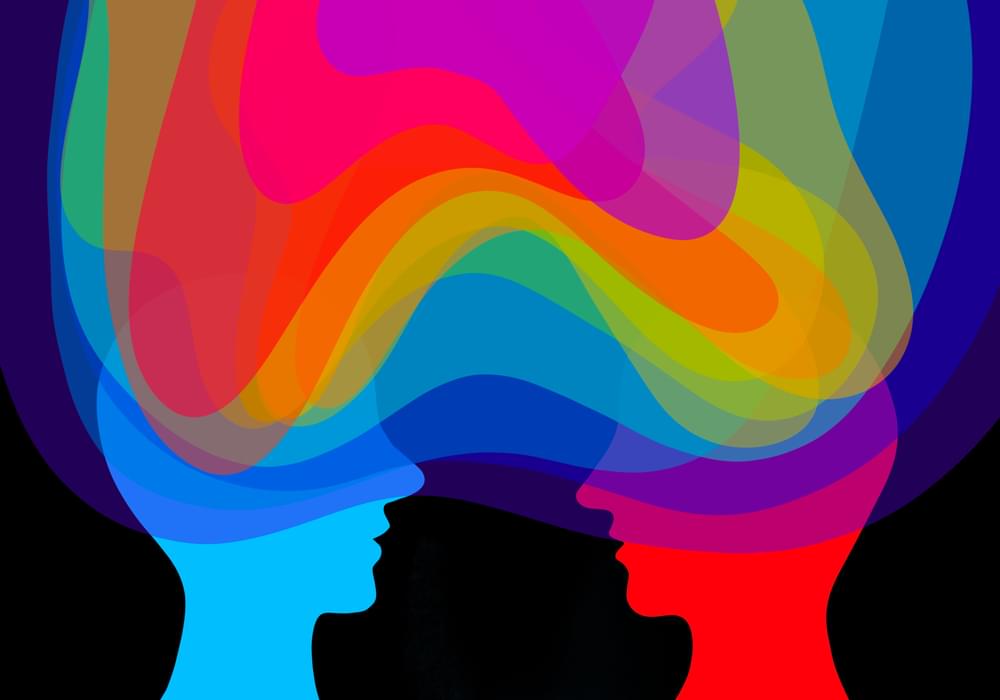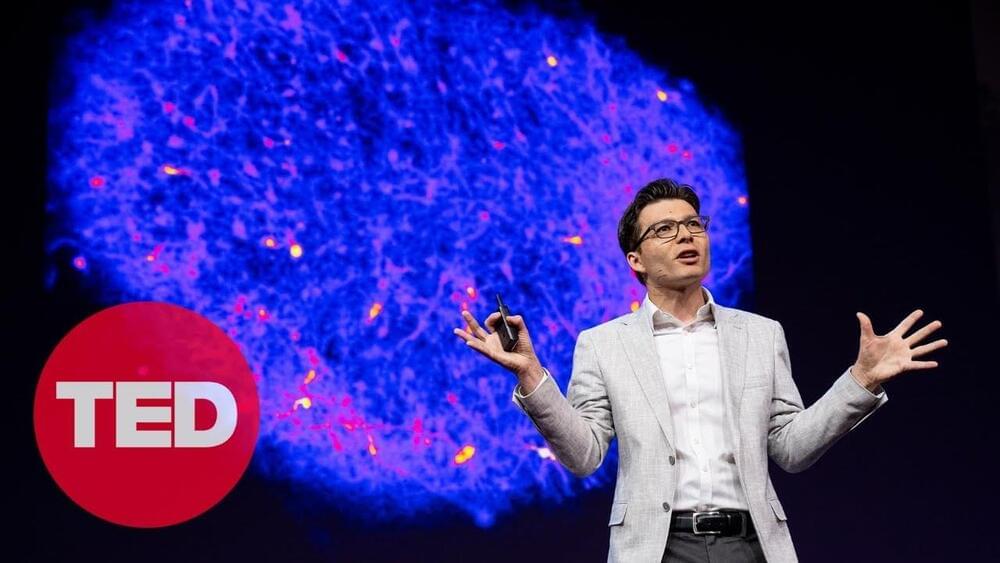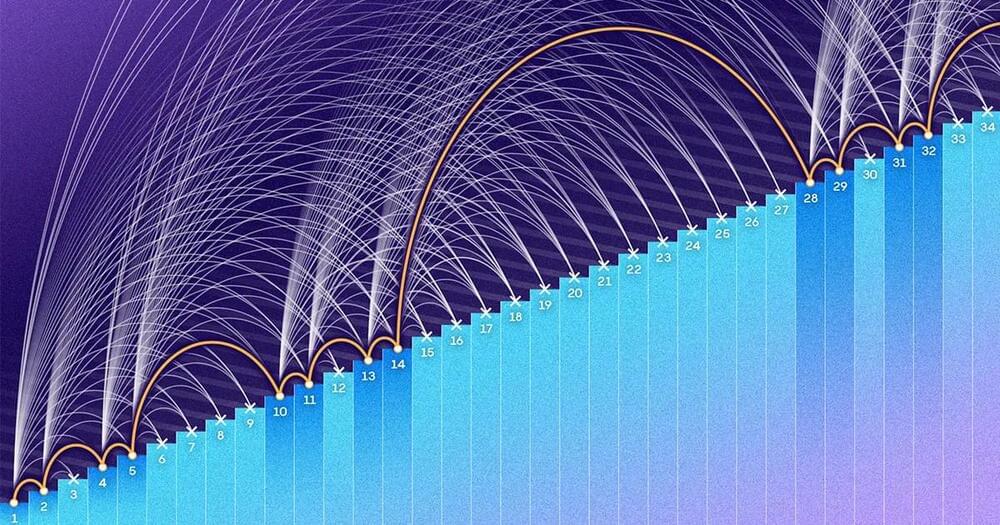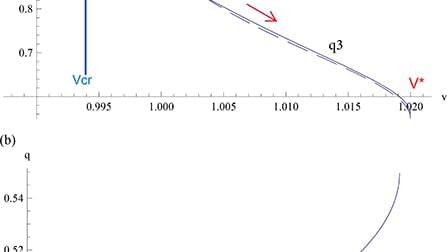Mar 27, 2023
Nick Bostrom — What is the Far Far Future of Humans in the Universe?
Posted by Dan Breeden in categories: robotics/AI, space
Consider humanity’s astounding progress in science during the past three hundred years. Now take a deep breath and project forward three billion years. Assuming humans survive, can we even conceive of what our progeny might be like? Will we colonize the galaxy, the universe?
Free access to Closer to Truth’s library of 5,000 videos: http://bit.ly/376lkKN
Continue reading “Nick Bostrom — What is the Far Far Future of Humans in the Universe?” »
